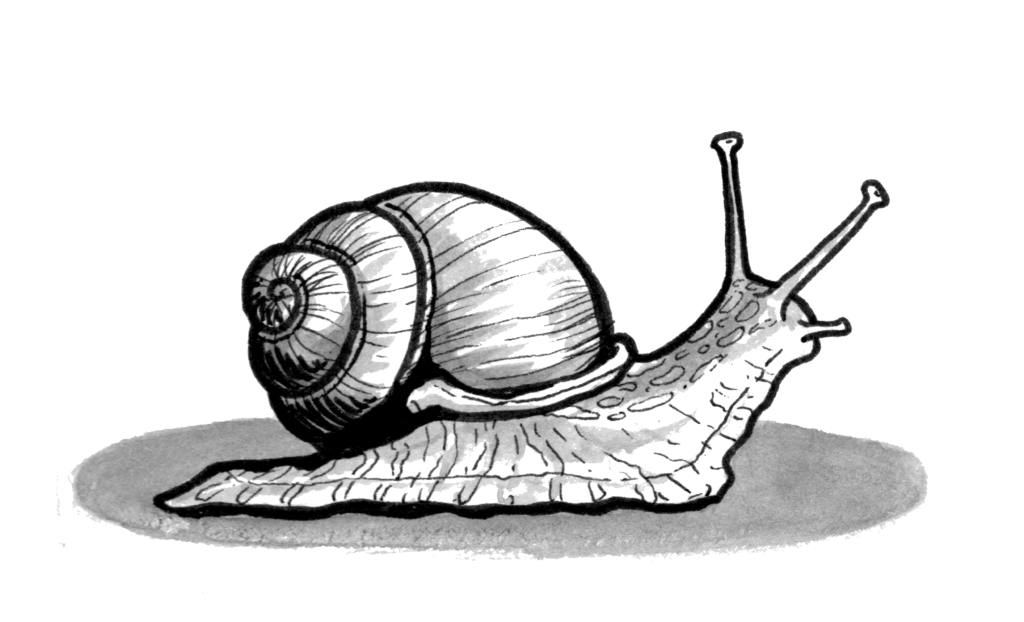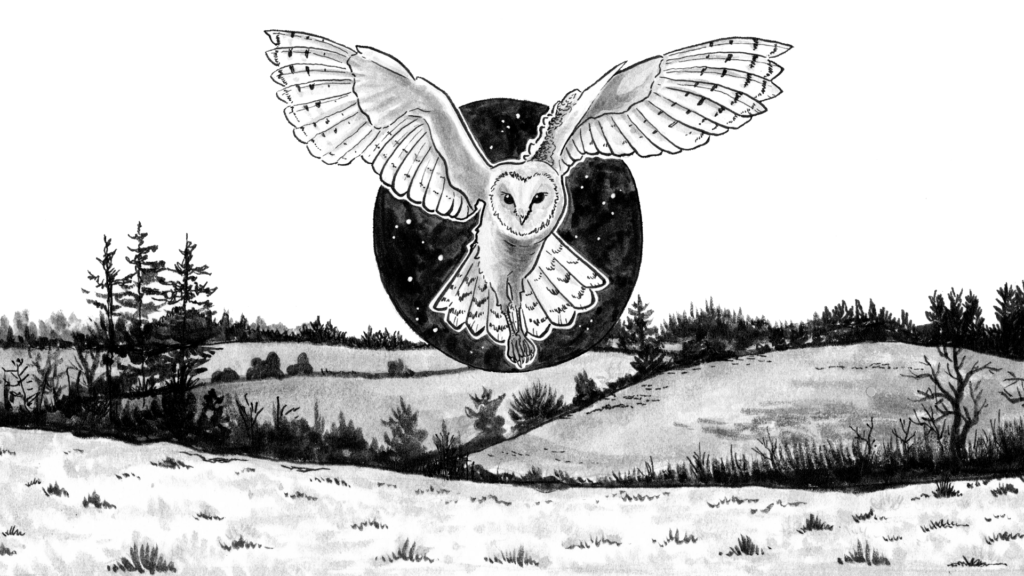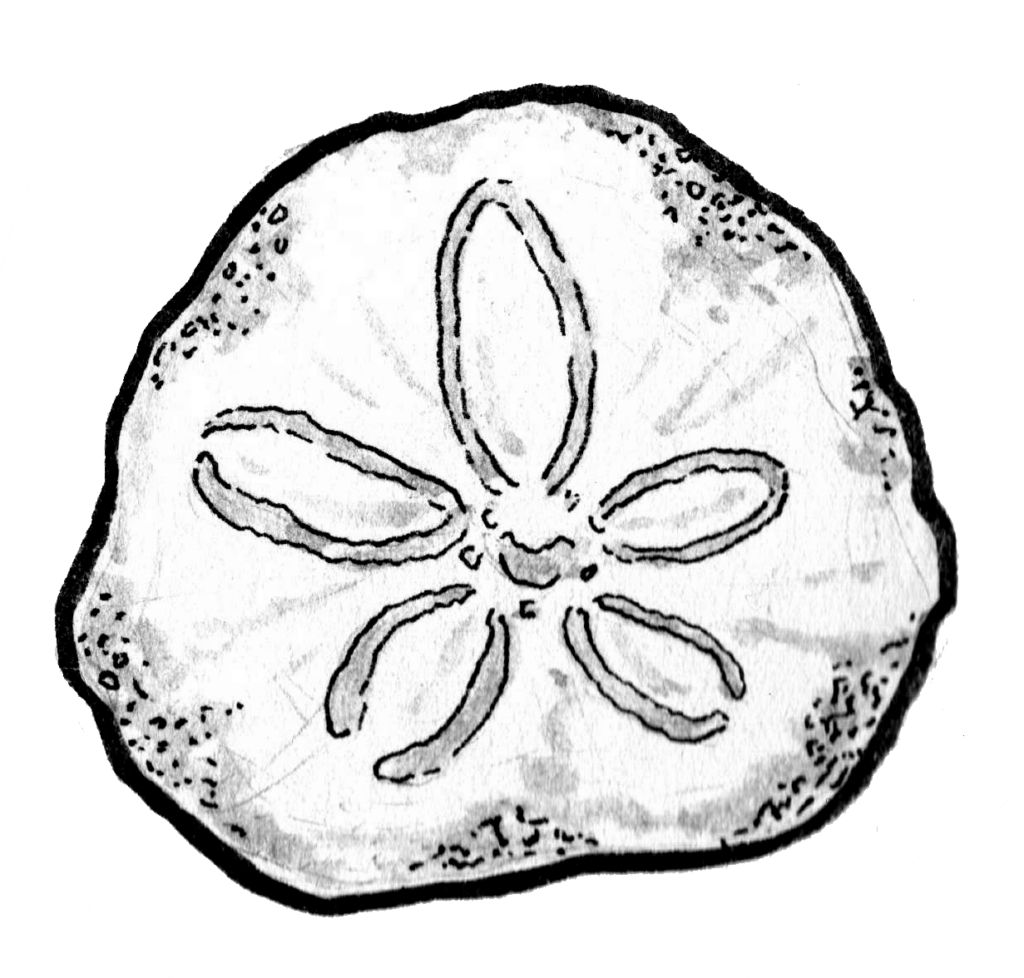[Apparently I drafted this in April of 2021 and never posted it? Found it this morning while searching for something connected to the introduction to my 100 Day Project, which I’m planning to launch sometime in the next couple weeks.]
I gave a lot of talks in 2016, and the one I usually point to is the Big One at XOXO in September, but much earlier in the year I was in Viborg, Denmark for my second stint of teaching at The Animation Workshop. At the time I was feeling very much in love with having an online community, as evidenced by this screenshot from the talk:

I find myself wondering if this is some kind of cicada-esque situation. Six years of being a dedicated luddite, six years of being a massively social and enthusiastic online extrovert, six more years of burying myself in a nice, quiet, mud flat and then emerging to abandon my chitinous shell and begin the cycle anew.
But I think it’s more complicated than that.
All these thoughts I’ve been having lately about social media and going away from it and coming back to it and then hating that I’ve come back to it but also wondering if I can sustain my career without it has me reflecting on this conversation I had with doreen in May of 2020.
The talk wasn’t actually about the experience of being a creator on social media, but when I was reading doreen’s book Deviced, a concept that really leapt out at me was the idea of having an internal vs. external locus of control. Turns out I’ve been remembering the definition incorrectly. The term technically applies to the degree of control we feel we have over the outcomes of our actions. Having an internal locus of control translates to a sense of personal agency, feeling like your efforts matter, that kind of thing. Having an external locus of control generally means you feel like the universe is largely random and all your efforts will come to naught, regardless of what you try.
The way it had lodged in my brain was more to do with feeling like I could validate my own efforts, which is what I was writing about yesterday. I talked about not wanting to “give away that kind of power.” What am I talking about there?
I’m good at social media. I mean, not in the growth-hacking sense, but in the “sharing enthusiastically and consistently over time in order to welcome people into my process and build meaningful connections” sense. So far it has served me extremely well. I’ve built a career that’s largely self-determined, raised a lot of money to make things I’m proud of, and gotten to go on amazing expeditions and meet incredible people all around the world.
The danger is figuring out where to draw the line. Historically I haven’t been “good at social media” because I’ve gotten a degree in digital marketing or taken endless online workshops or adhered to a rigorous schedule. I’ve been good at it because my goals and behaviors and socio-physical traits have happened to align with the ways these platforms work.
The two words I’ve kept coming back over the past year are reminders and permission. Social feedback reflects the self back to the self. I need reminding of who I am, and I need permission to take the next step. To feel brave or foolish enough. And, ideally, I would like to be able to give those things to myself. Throughout Deviced, doreen is really diving into that concept: how we seek the type of self-soothing we’d usually learn to cultivate in ourselves on the external playing field of social media, and how that can create a distorted sense of self.
I don’t find myself drawn into the manic cycle of posting and scheduling and refreshing and responding because I think my efforts don’t matter. Far from it. I fall into that hole because I come to feel like they’re the only thing that matters. That the only thing standing between me and building the crowdsourced career of my dreams is effort. (But, crucially, it has to be effort expended by me. There is no room in this mental model for the idea that other people might champion my work when I’m not in the room. This is why hearing anyone say “Oh, I told my friend about your book” or “I was just thinking about this thing you wrote/said a few years ago…” is so deeply meaningful. I genuinely struggle to understand that any of this endures.)
doreen says:
“[…] we must tell ourselves the truth about how our interactions in digital space may shape our unconscious assumptions about communication in general and how they might lead us to act in ways that don’t get us what we need or want.”
I was trusting the process, rolling along with the understanding that as long as I kept sharing what caught my eye, things would work out. It felt like being a toddler learning to run away from my parents, looking back over my shoulder less and less, but whenever I did look it was because I was worrying that they might not be there the next time I turned around, because I could only keep running if there were still people standing behind me.
Social media asks the toddler to become owl-like, constantly cranking her own head around 180º, permanently craning towards her source of validation, unable to orient herself towards her own goals because she can never let the audience out of her sight.
When is it going to be enough?
I think a lot of what I’m testing with the harebrained scheme I have for sharing my Very Private 100 Day Project from 2020 is the idea that I actually do have enough people in my corner who will trust me to make…whatever I wanna make. Small, weird things.
A vote of confidence in financial form.
An ever-increasing spiral of enoughness.
A moving target.



